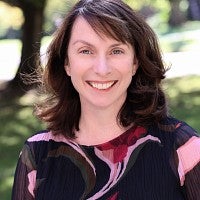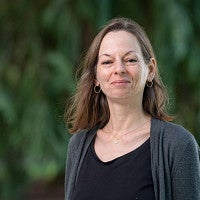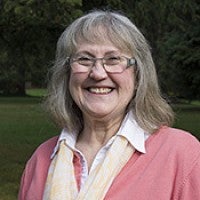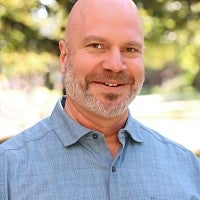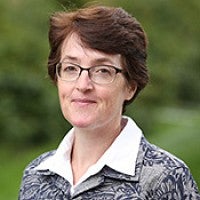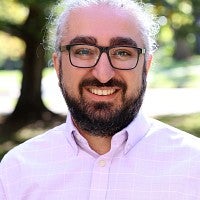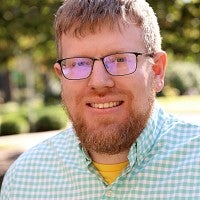The Teaching Engagement Program is UO’s faculty and graduate-student professional teaching development office. It works to define, develop, holistically evaluate, acknowledge, and leverage teaching excellence to achieve the fullest promise of a UO education. It was founded in 1987 by the Center for Academic Learning Services in response to grassroots efforts by faculty to get more support for their teaching. Now it is part of the Office of the Provost.
TEP supports teachers across rank and discipline, building an inclusive, engaged, and research-informed campus-wide teaching culture. It creates occasions for faculty and graduate student instructors to develop and refresh their pedagogy in dialogue with one another; to engage with campus, national, and scholarly conversations about excellence in higher education; and to use teaching insights to inform UO policy and core curriculum renewal.

